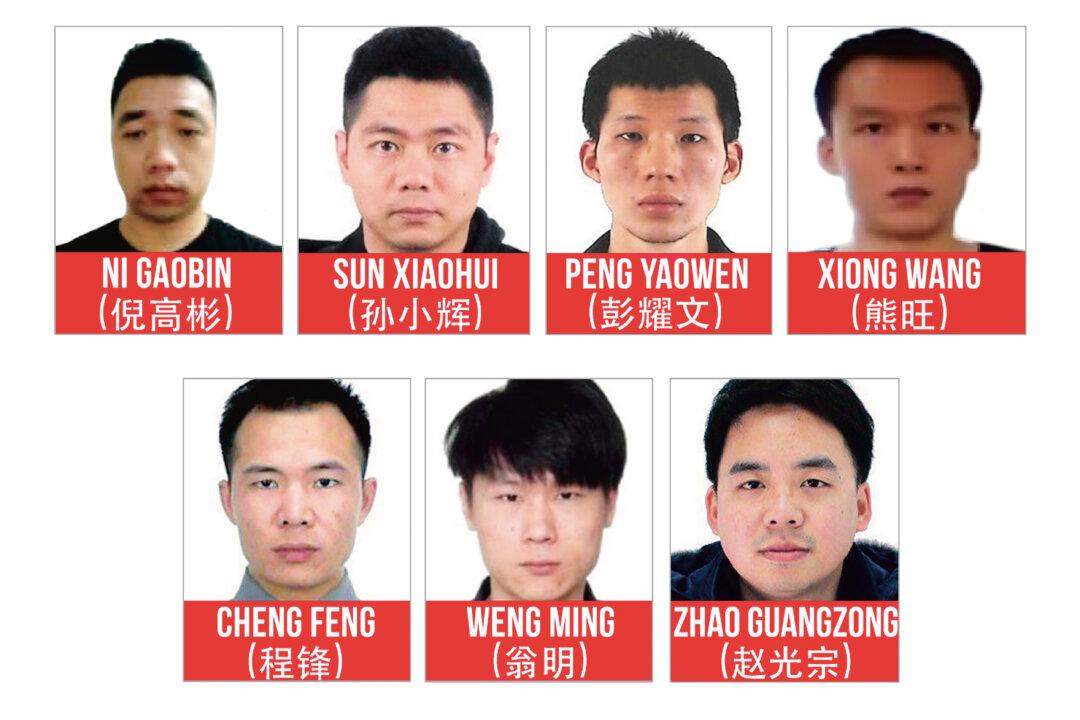The United States is imposing sanctions against Chinese state actors over an expansive hacking attempt that impacted thousands globally, including high-ranking officials, political candidates, and entities from “some of America’s most vital critical infrastructure sectors,” officials announced on March 25.
Authorities accused APT31—a hacking group they identified as an arm of China’s Ministry of State Security—of waging a nearly 14-year-long hacking operation that has resulted in the confirmed and potential compromise of personal and work email accounts, online storage accounts, and telephone call records belonging to millions of Americans, according to a criminal complaint released on March 25.





